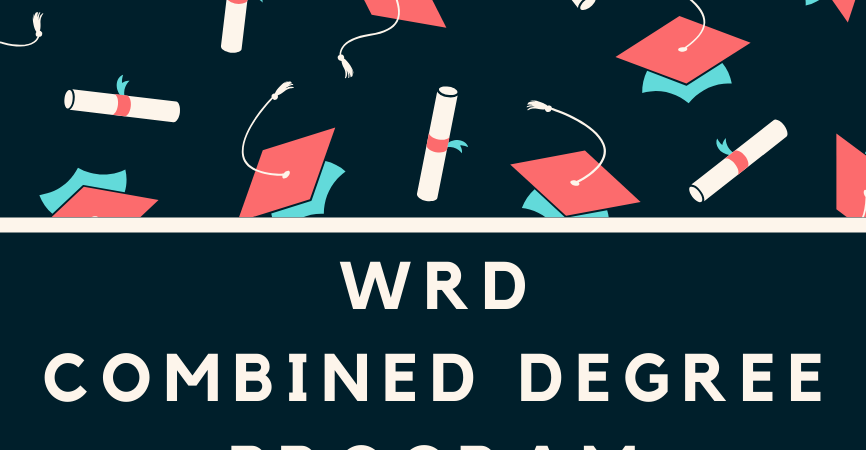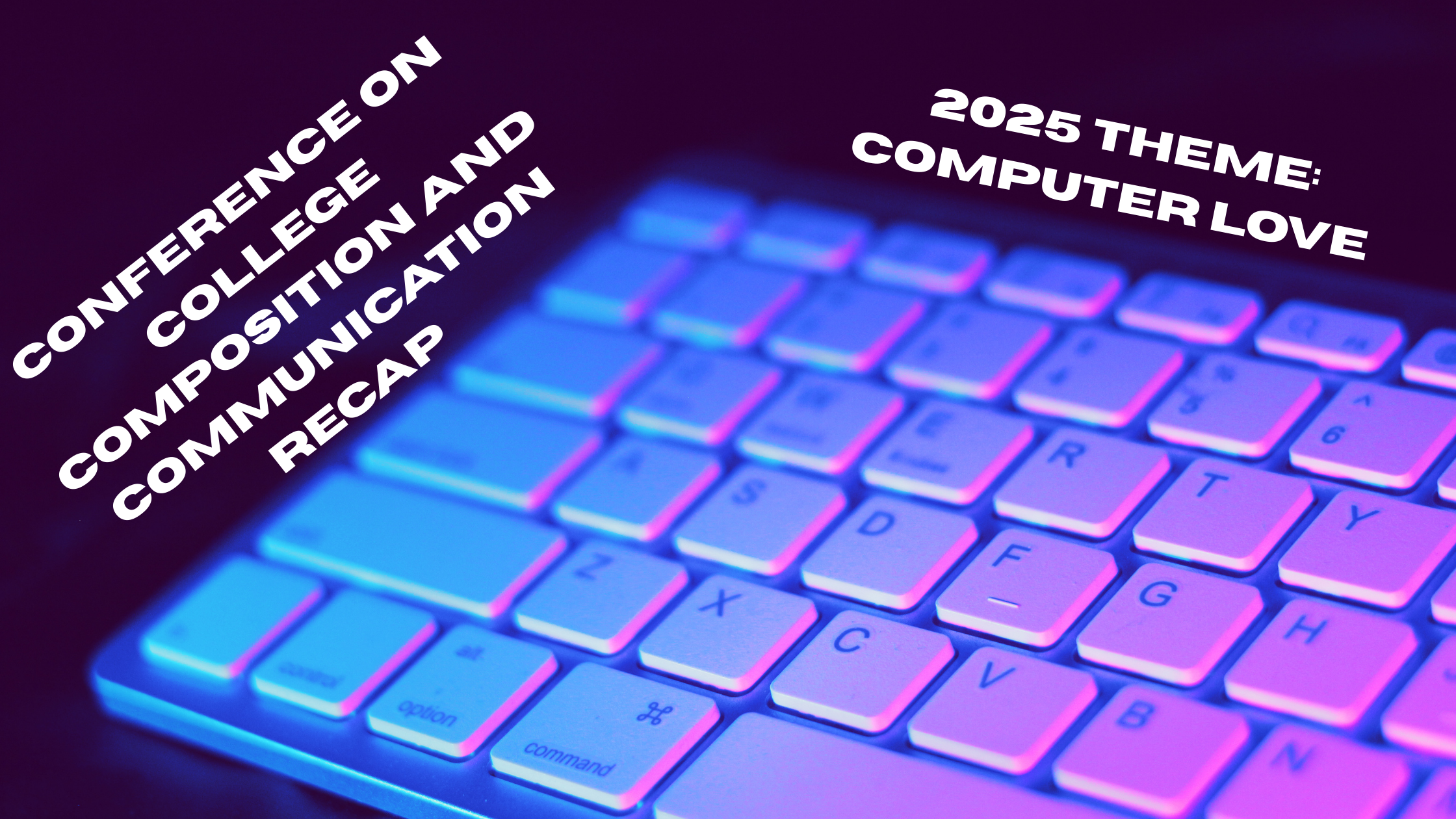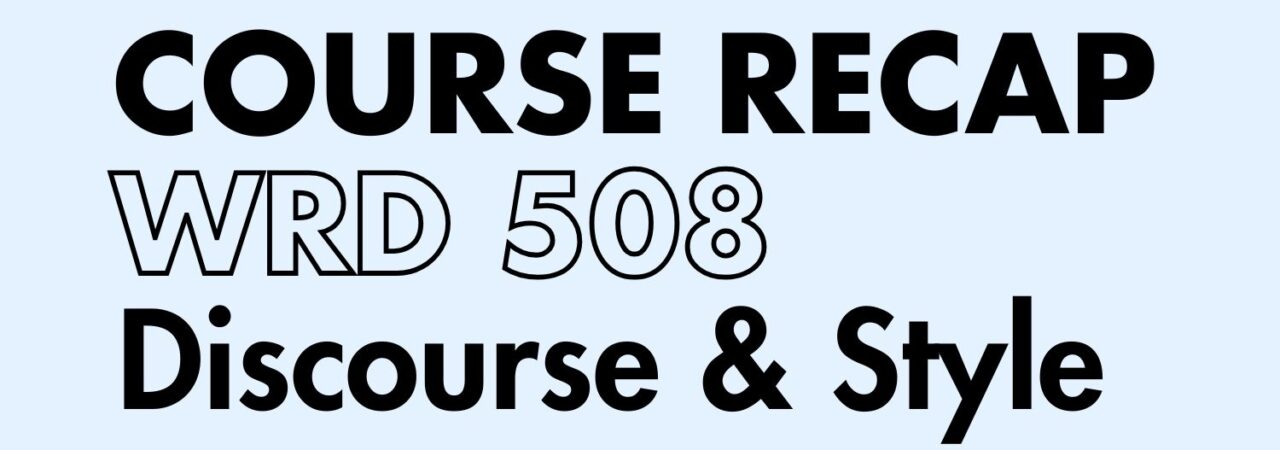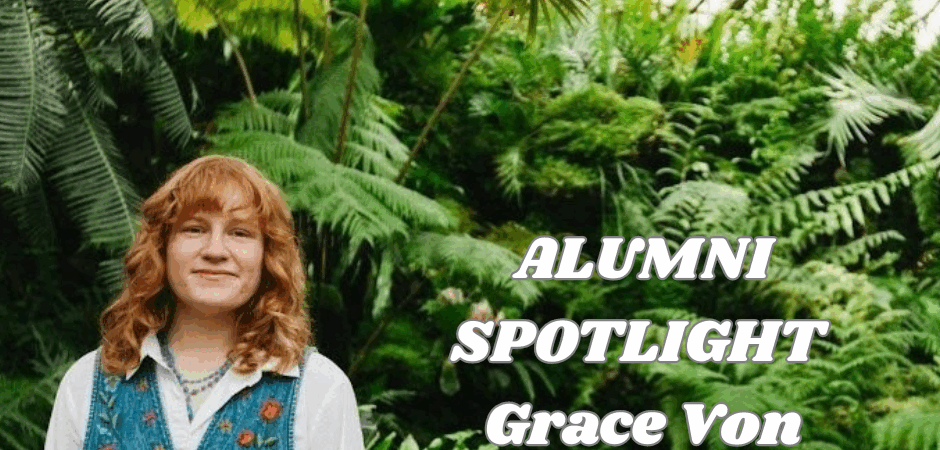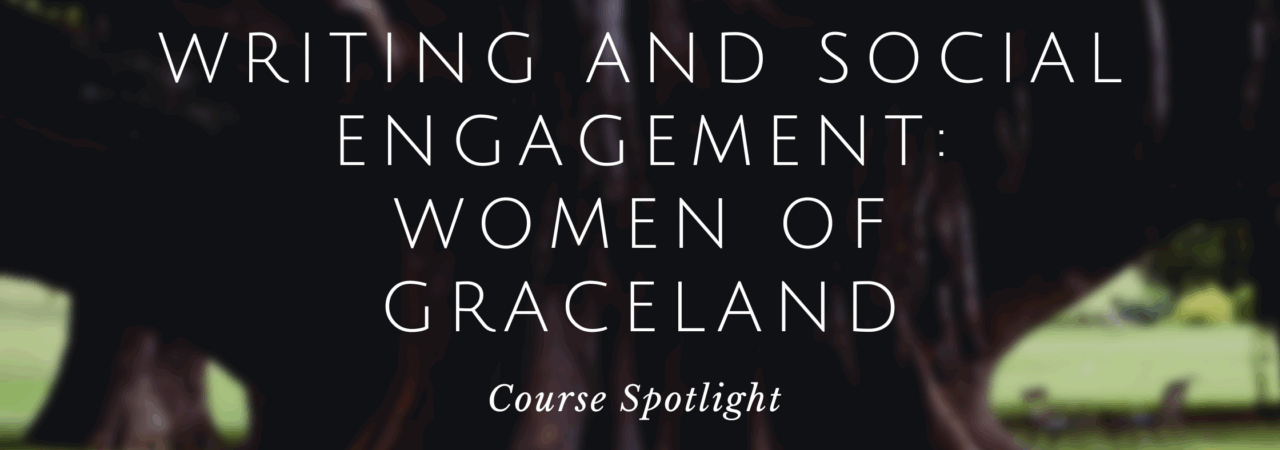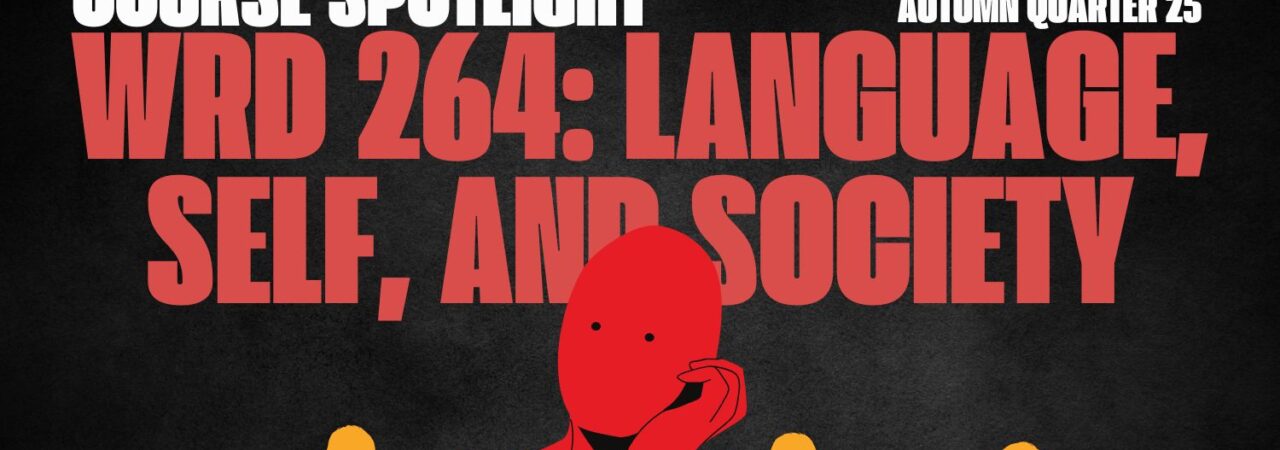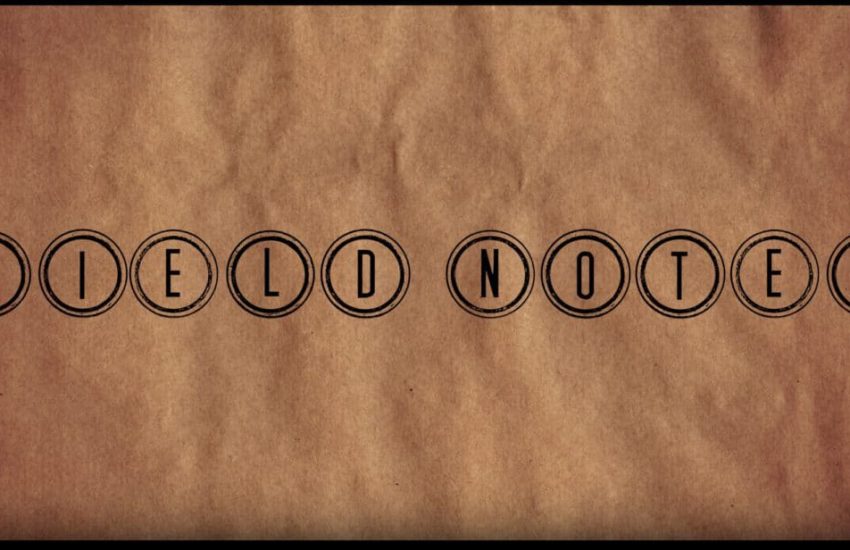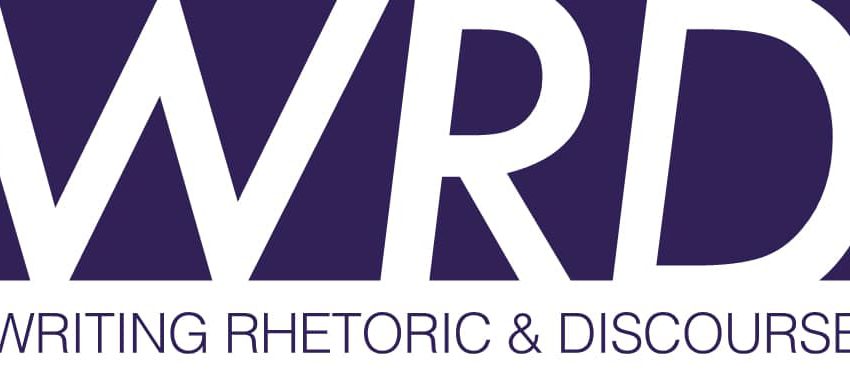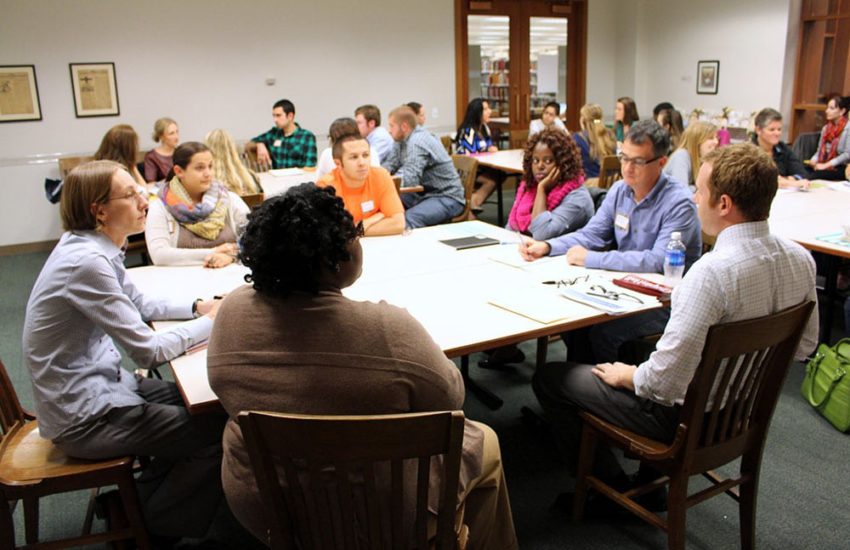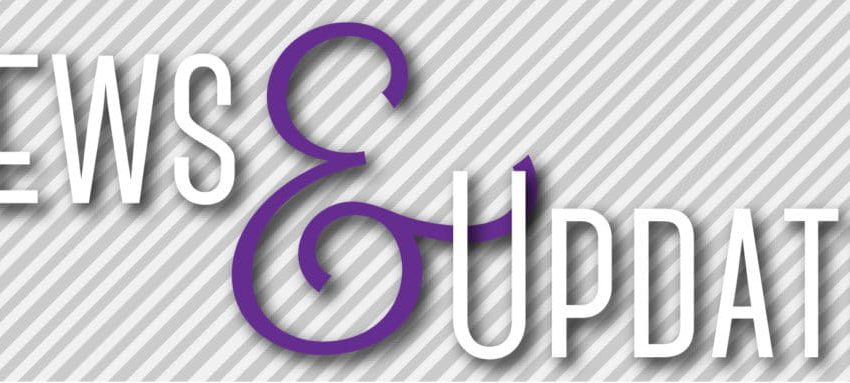Did you know that the WRD Department offers two Combined Degree Programs that can help you save time and money while you earn your Bachelor’s and Master’s degrees? Learn more about the advantages of these programs to see if a Combined BA/MA is right for you.
Continue reading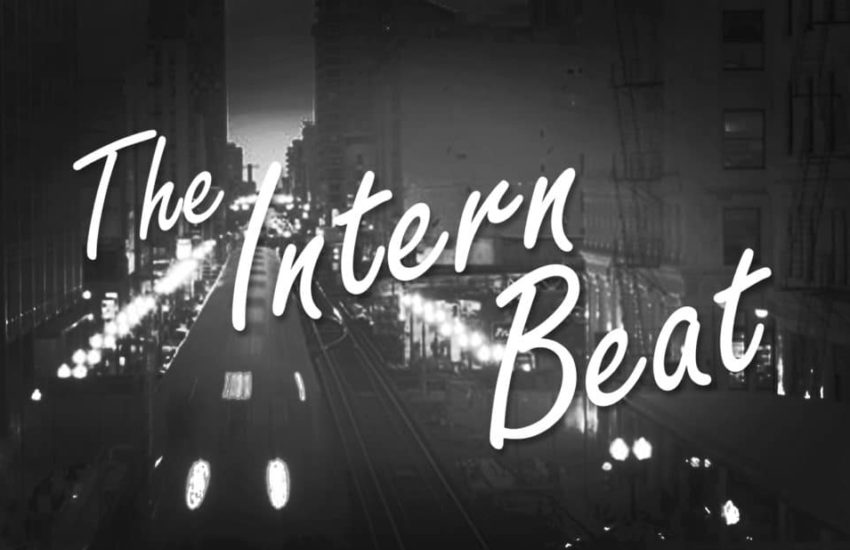
Intern Beat: Hilary Conlisk, MA in NMS
We spoke with Hilary Conlisk, MA in NMS 2014, about her recent experience as an intern at Neiger Design Inc. Conlisk interned for both work experience and course credit through WRD’s Professional Internship program. Take a look at why this internship was Hilary’s favorite to date!
Continue reading